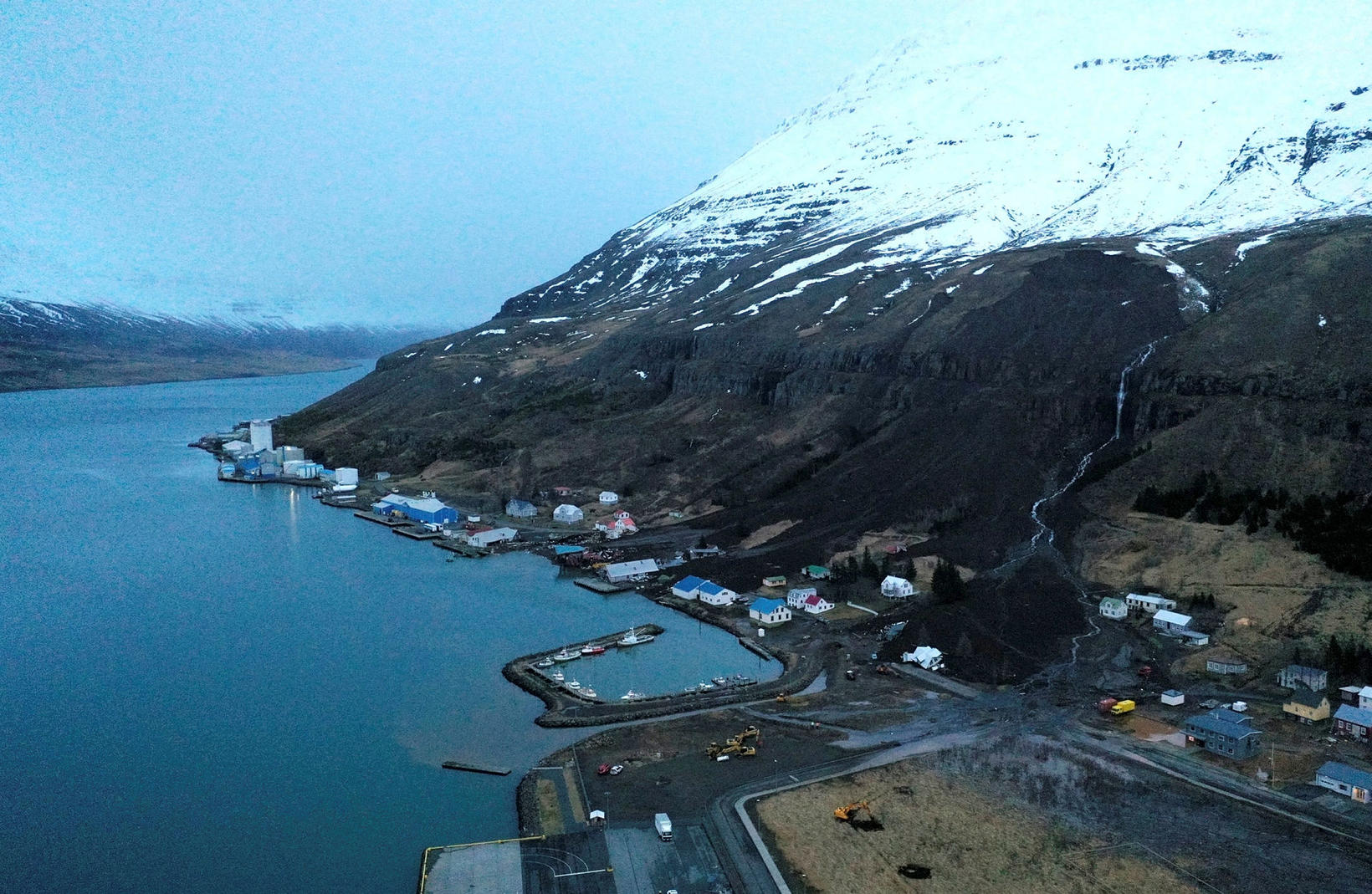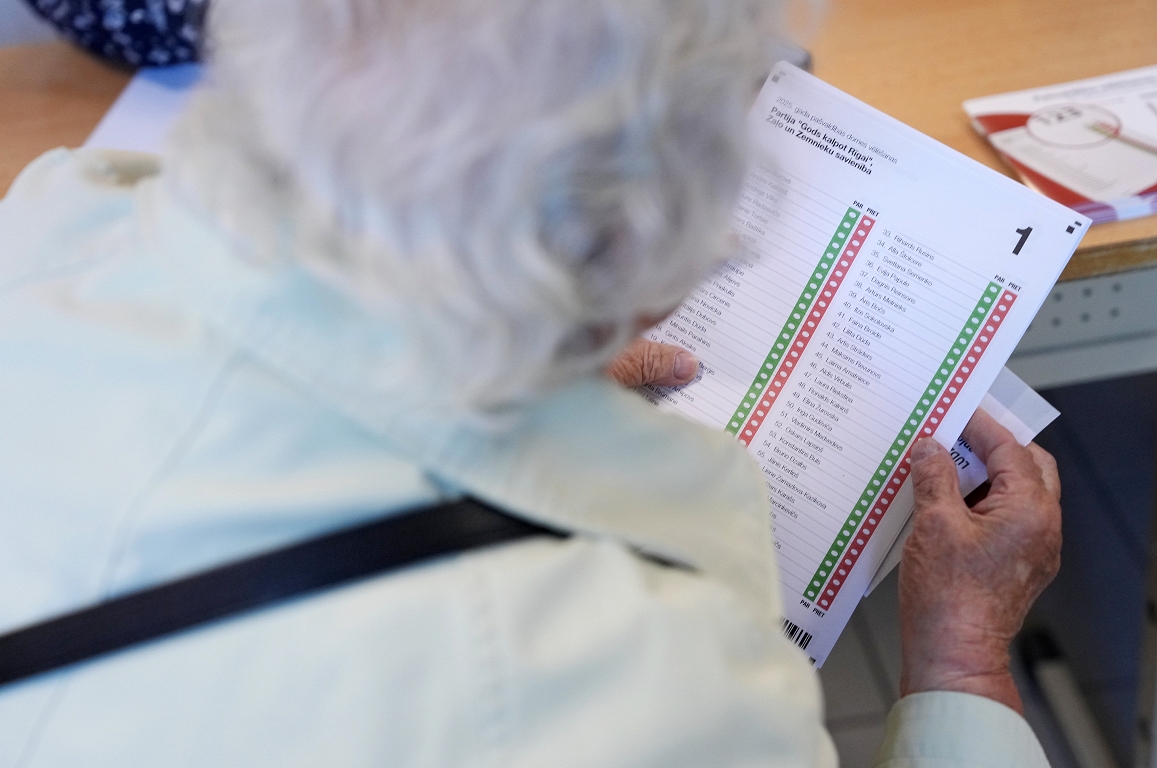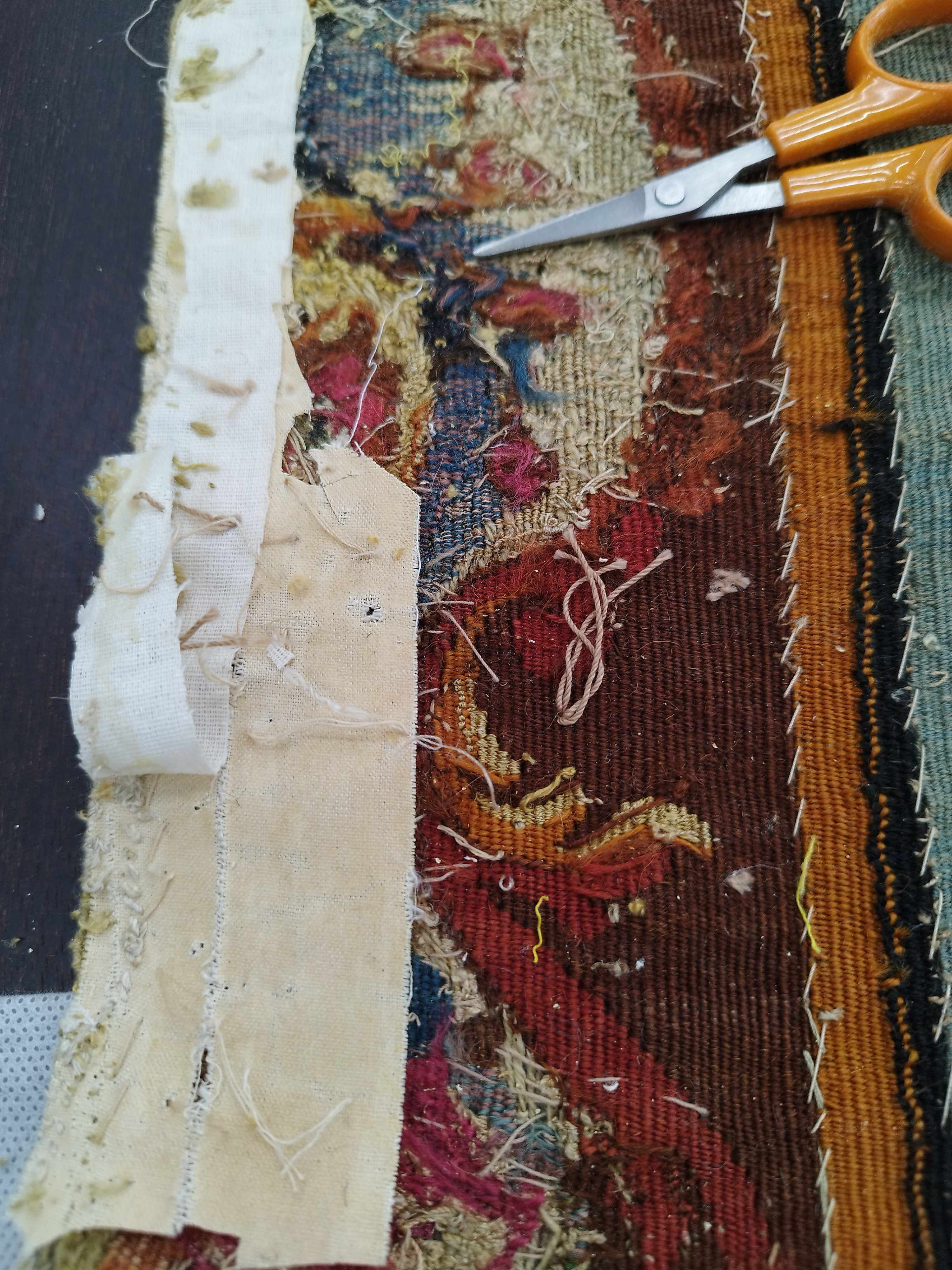‘Learning better Dutch helps Caribbean student with knowledge development’
/s3/static.nrc.nl/images/gn4/stripped/data130774957-05738c.jpg)
At the end of December, a fierce discussion burned in the Caribbean community on social media. The reason was an essay on Dossierkoninkrijkrelaties.nl From the Aruban Leilani Werleman, a student at the Haagse University of Applied Sciences, about the decision of Aruba to make Papiamentuens the most important language instructions in primary education from this school year. Werleman stated that the choice for Papiamento is culturally understandable, but hinders the social opportunities of Caribbean youth, because their knowledge of Dutch is decreasing. « Although I was taught Dutch from the age of five, I already had great difficulty with the Dutch -language final exam, » Werleman wrote.
She’s not the only one. Research from 2022 shows that only 22 percent of the Caribbean HBO students in the Netherlands get the diploma within the set time. For students with a non-Western migration background this is 36 percent, and for students with a Dutch or Western background 52 percent.
Because Caribbean students often do not control Dutch enough, they have study problems and get into social isolation. Werleman describes the story of Sontje Wijman, who comes to Rotterdam as an 18-year-old Curaçaoenaar to study electrical engineering and discovers that he hardly understands Dutch. « After school I went home, I felt lonely, the tears ran down my cheeks, » he told the Caribbean network last fall.
Too little reading material
For decades there is a talk debate on the ABC islands. Papiamento is the mother tongue for many of the 280,000 inhabitants, but at school they often take the Dutch exam. In 2002, after a long language struggle, Papiamento became the most important language of instruction in the first school years in Curaçao and Bonaire. Werleman’s plea to teach more Dutch is seen by some as ‘colonial’.
Due to the fuss about the essay, the Society of the Netherlands – Aruba organized a debate at The Hague University of Applied Sciences under the title ‘Language: Bridge of Barrier?’ Keynote speaker at the meeting, who was followed by more than 250 people, was educational advisor Juana Kibbelaar, who has been the alarm about education on the ABC Islands for a long time.
The central statement of Kibbelaar is that Papiamento, as a small -scale language, only has a fraction of reading sources and learning materials compared to larger languages such as Spanish, English and Dutch. « These languages have an enormous amount of books, teaching methods and online material. In Papiamento, only 1 percent of these are available. If Dutch, or another large language, is poor in young and old, they have no free access to sources of information. This is how you grow dependent citizens. »
Kibbelaar, who grew up on Curaçao, has found that her position on the instructional languages is sensitive. « I have been calling for this in publications and debates for years. You are sometimes framed: as if I am at school against Papiamento. That is not the case. Papiamento must get an equal appreciation, because all languages are equivalent. But because of the scale, Papiamento cannot offer the same educational options as large languages. »
Big Differences
Within the Kingdom, the number of hours of language contact in Dutch is now worrying, she says. A toddler from a Papiamente family in Amsterdam gets six hours of Dutch a day at school. With most of the toddlers in Curaçao and Bonaire, and since this school year also Aruba, that is now one hour a day or less. For comparison: for small languages in the European Netherlands, such as Fries and Limburgs, Learning is number one. More Dutch is given on a handful of schools on the ABC Islands, says Kibbelaar. « Parents in Curaçao who can afford it, put their children on tutoring – which in turn leads to inequality. »
The consequence of the language choices in education is that the Dutch of teachers in Curaçao and Bonaire is not always up to level now, Kibbelaar sees. « Formally, children in higher groups of Dutch -language education, but in class there is a lot of Papiamento speaking. The teachers push the problem on to the higher classes and secondary education. This way children do not learn Dutch. If they are ten, they do not understand books for their age group. At the final exam in Dutch they mainly learn the material, or they are mild rates. »
In January an alarming report from the Education Inspectorate on Curaçao was published. The quality of education has been below the norm for years. There is not enough lessons per day and a shortage of teachers is threatened by aging. In addition, the percentage of children to work -oriented education have doubled in the last twenty years. The general level of education is falling and unemployment among young people is increasing.
‘Lost generation’
Kibbelaar speaks of a ‘lost generation’ and states that it is high time for thorough educational innovation on the ABC islands. “The situation is urgent. The education efficiency is low in all courses, so that children are not properly prepared for the labor market. Even if they stay in Curaçao and want to work at the government, for example, they must be able to do Dutch well: the language of public administration and case law. What does this do with a society if education does not be able to do this with the current education. taken away. «
What she believes should see is that the problem is not about language, but a backlog in knowledge. « You do not shorten Caribbean children if you teach them a great language in addition to Papiamento from a young age. On the contrary: they can gain more knowledge and speak and write about this in Papiamento. »
Where Student Werleman was attacked online, Kibbelaar mainly received support during the debate. « Your native language is a carrier of identity, but knowledge is a human right – and large languages offer a lead, » said panell member Kathleen Ferrier, former CDA MP and chairman of the Dutch UNESCO Commission. She stated that « both languages can function side by side » and argued for a debate on this at Kingdom level.

:format(webp)/s3/static.nrc.nl/images/gn4/stripped/data132512191-bf7b93.jpg)
/s3/static.nrc.nl/images/gn4/data133305174-ec8c91.jpg)




